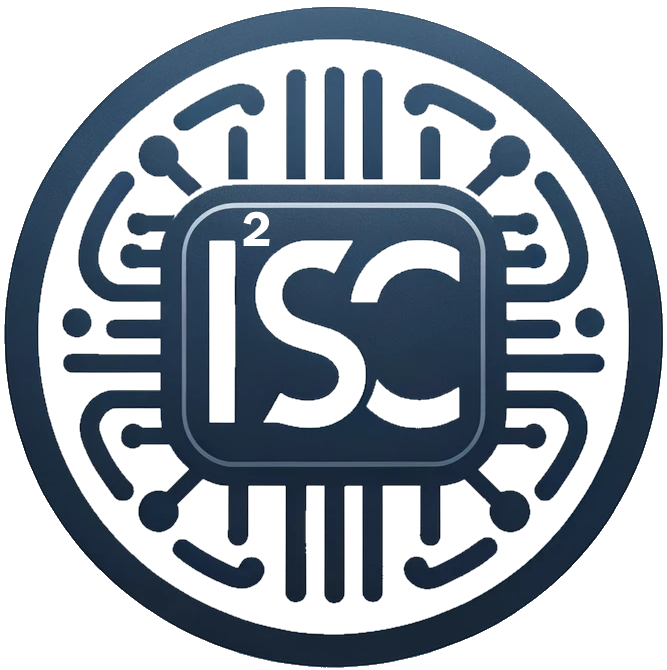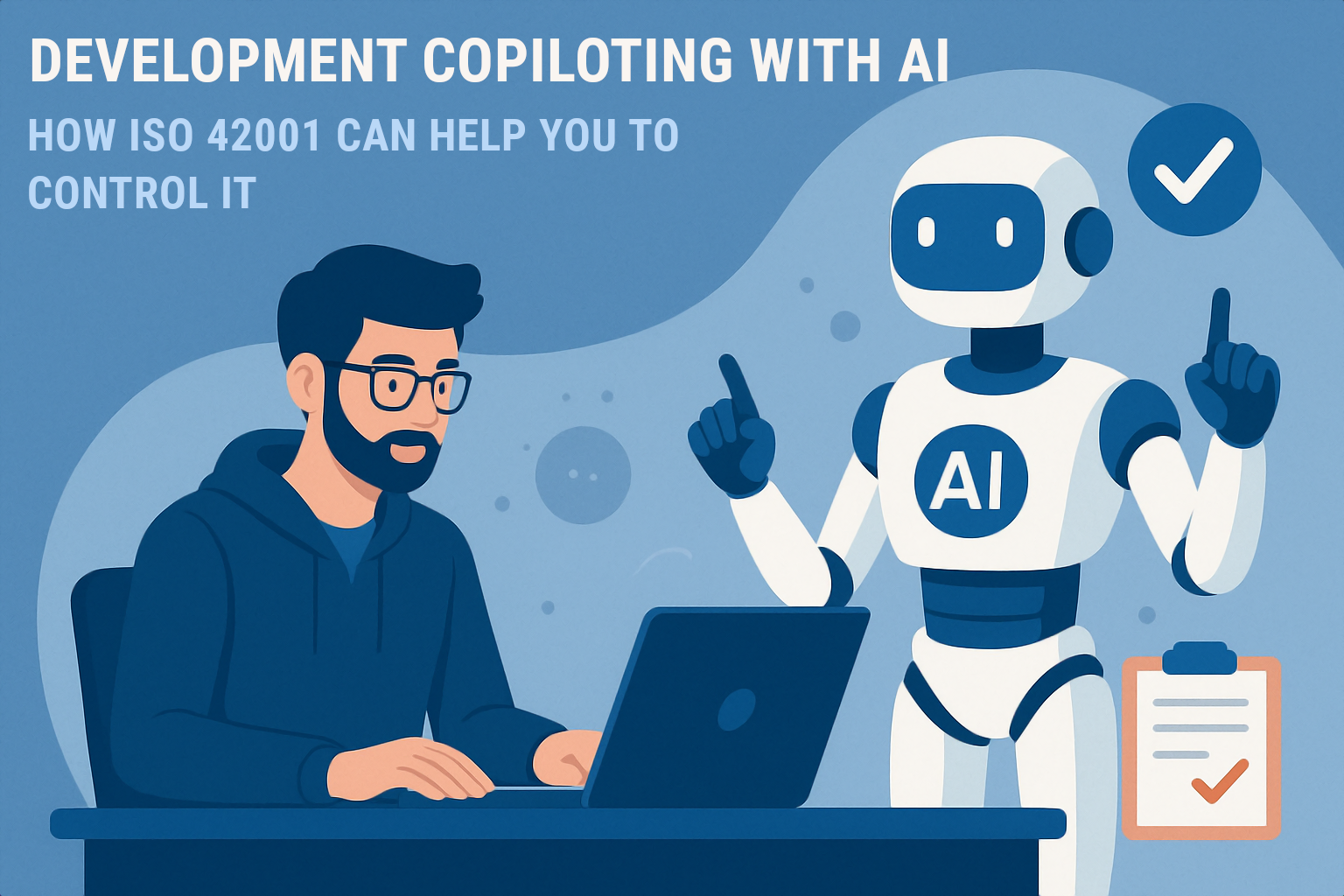If your company is using tools such as GitHub Copilot or ChatGPT to support software development, it is time to go beyond efficiency and ask how risks, automated decisions, and the quality of the generated code are being managed.
ISO/IEC 42001 not only helps you comply with future legal requirements, but also establishes good organisational practices for integrating AI responsibly and sustainably into your development processes.
Because in today's world, programming with AI involves much more than writing lines of code: it involves governing them responsibly.
📌 Five reasons why ISO 42001 matters to you if you develop with AI
| 1 | Who reviews the code generated by AI? | There is a high risk of poor quality, security issues, and software licensing problems if you blindly trust the proposed code. |
| 2 | Are AI-assisted decisions recorded and documented? | Traceability is key in the event of audits, faults or complaints. |
| 3 | What does your company's policy say about the use of AI in development? | Many SMEs have not yet defined clear rules, which creates legal uncertainty. |
| 4 | Do you know where the code suggested by Copilot comes from? | The risk of infringing copyright or introducing code with incompatible licences is real. |
| 5 | Are you prepared to justify the responsible use of AI to customers or regulators? | ISO 42001 provides you with a common language to demonstrate control, compliance, and continuous improvement. |
Adopting any AI tool to aid in software development can increase productivity, but it also entails responsibilities that must be managed with strategic vision. The ISO/IEC 42001 standard provides a practical and certifiable framework for companies—including SMEs—to manage the use of AI in an ethical, secure manner that complies with European regulations.
At I2SC, we help organisations move forward on this path, combining governance, technology and regulatory compliance so that artificial intelligence becomes a lever for value rather than a hidden risk.

